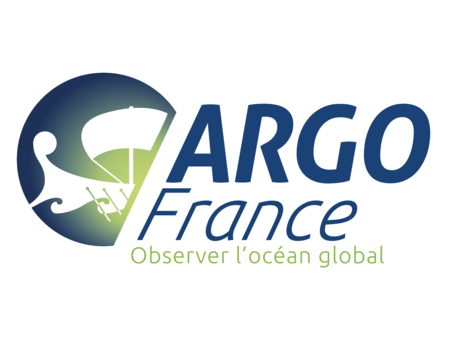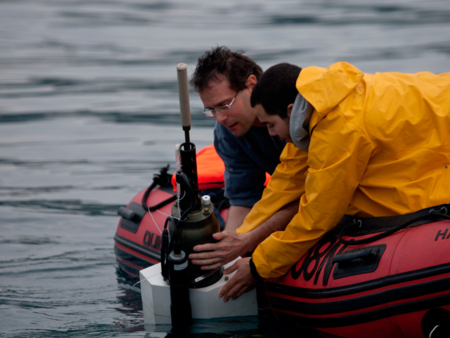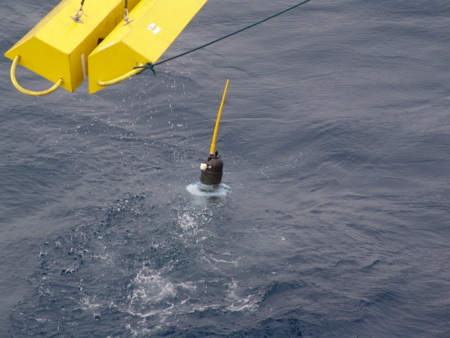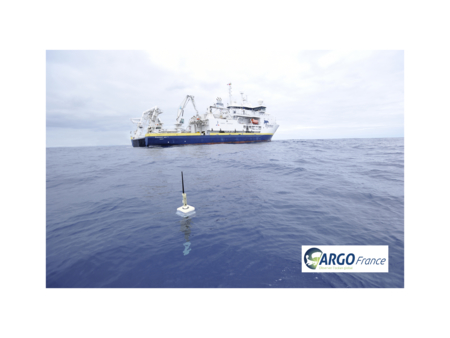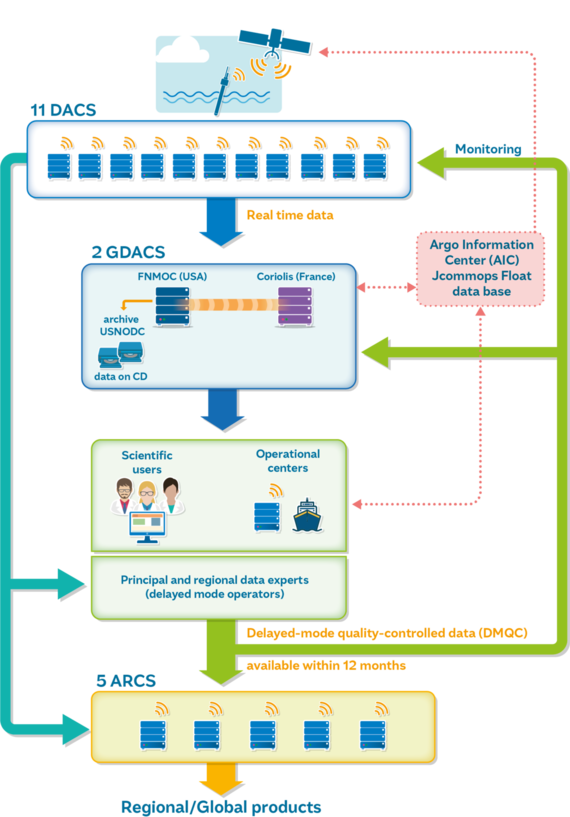Data Management
Argo Data System
All data being part of the Argo international programme are relayed and made publicly and freely available within hours after collection.
The international Argo Data System is based on two Global Data Assembly Centres, a series of 11 national Data Assembly Centres and several Argo Regional Centres. Their functions are summarized below:
- GDACs (Global Data Centres), located at Coriolis/France and FNMOC/USA, are in charge of collecting the processed Argo data from the 11 DACs and to provide users with access to the best version of an Argo profile. Data are available, in a standard NetCDF format both on FTP and WWW. The two GDACs synchronize their database every day.
- DACs (Data Assembly Centres), they receive the data from the satellite operators, decode and quality control the data according to a set of 19 real time automatic tests agreed by the international Argo programme. Erroneous data are flagged, corrected where possible and then passed to the two GDACs and to the WMO GTS. The GTS data stream does not presently include quality flags and bad data and grey-listed data are not transmitted on the GTS.
- ARCs (Argo Regional Centres) provide wide expertise on specific geographical ocean regions in order to provide the most comprehensive data sets (including non-Argo data) of the highest quality. ARCs provide three main services: act as the delayed mode operator for "orphan" floats (i.e. float deployed by an institute that does not have a capability to perform delayed mode QC); gather the recent complementary in situ ship-based data needed for delayed mode validation; check the overall consistency of the Argo dataset in an area.
US NODC: US National Oceanographic Data Centre (now called NCEI: National Centre for Environmental Information); JCOMMOPS: Argo Information Centre; PIs: Principal Investigators; RT: Real Time; (G) DAC: (Global) Data Assembly Centre. (Euro-Argo ERIC)
Every effort is made to deliver data with the shortest delays possible and with extensive quality control. Hence there are real-time (less than 24 hours) and delayed mode delivery systems. The quality control procedures are the highest and most stringent for the delayed-mode data stream which is designed to deliver data for climate quality.







